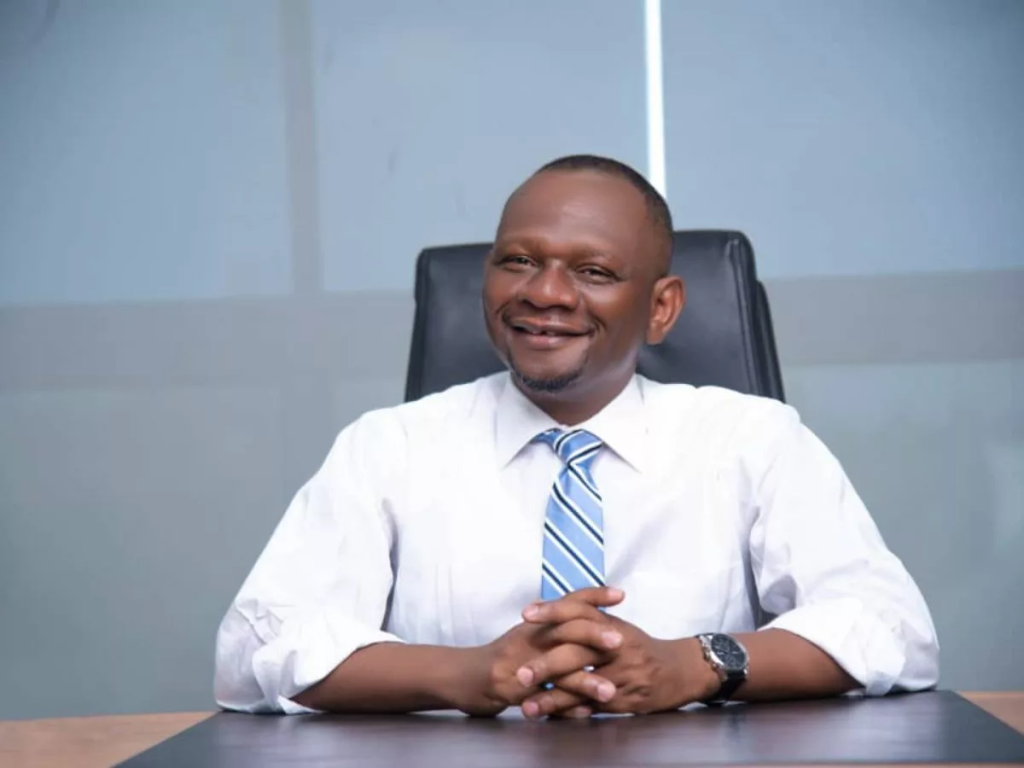Northern Nigeria is experiencing alarming death rates among women and children, according to the National Primary Health Care Development Agency (NPHCDA).
Dr Muyi Aina, the Executive Director of NPHCDA, revealed that the country loses about 2,300 children under five and 145 women of childbearing age daily, with most of these deaths occurring in northern regions.
Aina shared this information at a two-day meeting in Abuja focused on vaccination, maternal, and child health. The event was organised by the Sultan Foundation for Peace and Development, with support from NPHCDA, and gathered religious leaders from northern Nigeria.
The NPHCDA boss also warned of an ongoing health crisis, stating that Nigeria is facing widespread transmission of the circulating variant poliovirus Type 2 (cVPV2).

So far, 70 cases have been recorded across 46 local government areas in 14 northern states. The spread is linked to low immunisation rates and refusal of polio vaccines.
“Every day, Nigeria loses about 2,300 under five years old children and 145 women of childbearing age. Most of these deaths are occurring in northern Nigeria.
“Also, Nigeria is currently witnessing intense transmission of the circulating variant poliovirus Type 2, with a total of 70 cVPV2 from 46 LGAs across 14 Northern states. This is an indication of continuous transmission of the virus due to low routine immunisation, and refusal of vaccines during polio campaigns.
“This must change. We must ensure that every woman has access to antenatal care, that every pregnancy is delivered by trained and skilled midwives, and that every child completes their routine immunisation according to the national schedule and gets vaccinated every time vaccination teams visit their homes. Together, we must work to create a system that ensures no mother or child is left behind,” he said.
To address these challenges, Dr Aina called for better access to antenatal care, trained midwives for every birth, and full immunisation for all children. He urged religious leaders to advocate for healthcare access and build trust between communities and healthcare providers.
“We must focus on breaking down barriers to care, ensuring equitable access to services, and building trust between healthcare providers and the communities they serve. Our collective efforts can create an environment where every Nigerian child is immunised, and every Nigerian mother receives the care she deserves,’ he said.
He expressed gratitude to religious and traditional leaders, including the Sultan of Sokoto, for their continued support of health programmes. The Sultan of Sokoto, HRH Saad Abubakar, emphasised the role of religious leaders in promoting health, peace, and development across Nigeria.
The World Health Organisation (WHO) Country Representative, Dr Walter Mulombo, echoed the importance of partnerships in achieving universal health coverage and improving overall health outcomes for Nigerians.
, “This partnership is also aligned to the primary healthcare approach, the bedrock of Nigeria’s Health Policy, and a whole-of-society approach to health that aims to ensure the highest possible level of health and well-being, equitably distributed across all communities,” Dr Mulombo said.


